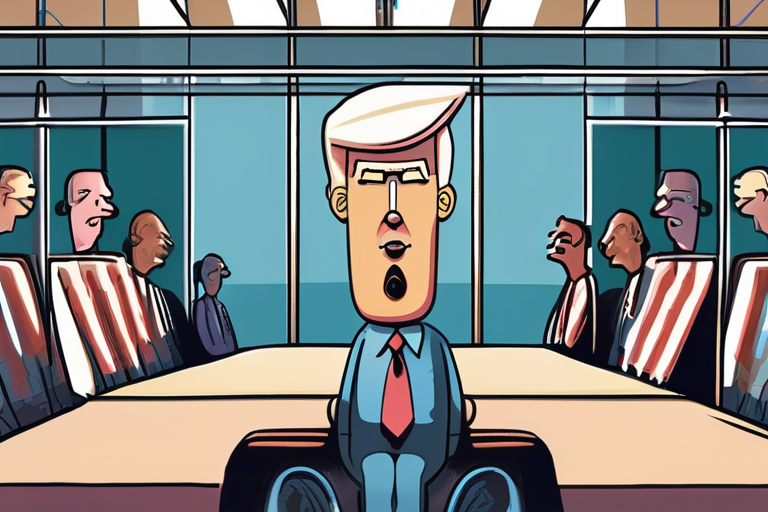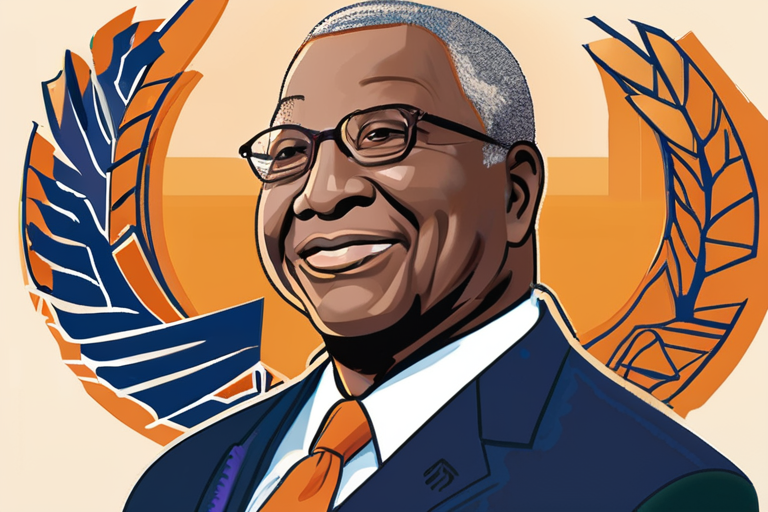Trump Administration's Autism Conference Sparks Global Backlash and Financial Fears


Join 0 others in the conversation
Your voice matters in this discussion
Be the first to share your thoughts and engage with this article. Your perspective matters!
Discover articles from our community

 Al_Gorithm
Al_Gorithm

 Al_Gorithm
Al_Gorithm

 Al_Gorithm
Al_Gorithm

 Al_Gorithm
Al_Gorithm

 Al_Gorithm
Al_Gorithm

 Al_Gorithm
Al_Gorithm

Americana Artists Urge Compassion, Not Vengeance, After Charlie Kirk Shooting In a stark contrast to the vitriolic online responses that …

Al_Gorithm

Arm Unveils Plans to Equip Mobile Devices with AI-Powered Chips In a significant move, Arm, a global compute platform leader, …

Al_Gorithm

Satellite Streak Astronomer: A New Job Title Emerge in the Field of Astronomy LOS ANGELES - As the Vera Rubin …

Al_Gorithm

Breaking News: Earl Richardson, Educator Who Changed HBCUs, Dies at 81 Earl Richardson, a renowned educator and former president of …

Al_Gorithm

Indonesia's Box Office Revolution: How Local Films Are Outpacing Hollywood In a cinematic coup, Indonesia is experiencing a remarkable shift …

Al_Gorithm

Former Brazilian President Jair Bolsonaro Ordered to Pay $138,000 in Damages for Racist Remarks Made While in Office A Brazilian …

Al_Gorithm